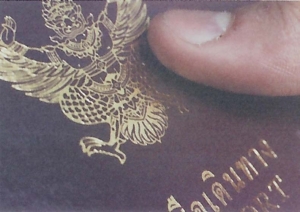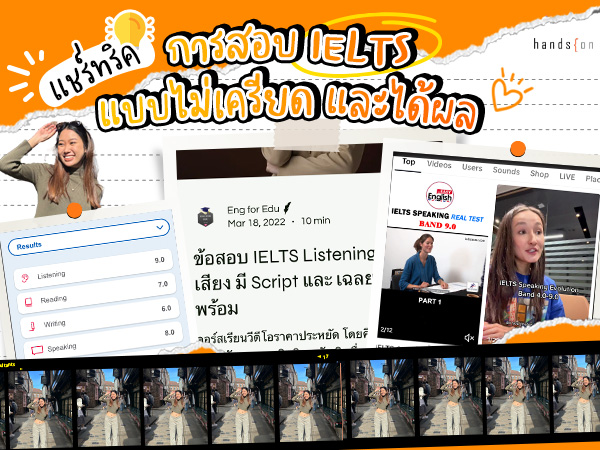
Yesterday, the UK Border Agency (UKBA) announced new guidelines for student visas. Most of these changes will come into force on 21 April 2011 with the exception of new regulations relating to sponsor institution status. We do not anticipate that these changes will affect the majority of Thai students planning to go to study in the UK but it is important that all students going to go study in the UK review the requirements carefully prior to submitting visa applications.
One change that will affect a substantial number of Thai students is the removal of the Post Study Work Visa from April 2012. This visa allowed students who have graduated from UK universities to work for up to two years after graduating without having to have a job offer in advance. The new regulation will require graduates from UK universities from Thailand and other non-European Union countries to have a job offer and certificate of sponsorship to apply to remain in the UK after graduation. There will are minimum salary requirements and we recommend that you speak with your Universitys visa advice team when you are in the UK if you intend to stay in the UK after graduating.
Hands On is happy to share our experience and give advice to students applying to study at UK Universities, but please note we are not trained immigration experts.
Specifically, the changes to the current regulations are:
1. From April 2012, any institution wanting to sponsor students will need to be classed as a Highly Trusted sponsor, and will need to become accredited by a statutory education inspection body by the end of 2012. The current system does not require this, and has allowed too many poor-quality colleges to become sponsors.
2. Students coming to study at degree level will need to speak English at an ‘upper intermediate’ (B2) level, rather than the current ‘lower intermediate’ (B1) requirement. (this means IELTS 5.5)
3. UK Border Agency staff will be able to refuse entry to students who cannot speak English without an interpreter, and who therefore clearly do not meet the minimum standard.
4. Students at universities and publicly funded further education colleges will retain their current work rights, but all other students will have no right to work. We will place restrictions on work placements in courses outside universities.
5. Only postgraduate students at universities and government-sponsored students will be able to bring their dependants.
6. We will limit the overall time that can be spent on a student visa to 3 years at lower levels (as it is now) and 5 years at higher levels. At present, there is no time limit for study at or above degree level.
7. We will close the Tier 1 (Post-study work) route, which allows students 2 years to seek employment after their course ends. Only graduates who have an offer of a skilled job from a sponsoring employer under Tier 2 of the points-based system will be able to stay to work.
8. The government has also pledged to develop a new entrepreneur route for bright and innovative students who have a business idea and want to make it work in the UK.
Source: UK Border Agency
The UK Border Agency is the UK government department responsible for issuing visas and immigration to the UK. Their role includes setting guidelines for student visas.
Should you have any questions, please visit the UKBA Website. We are also happy to help students prepare and review visa applications and share our experience with the visa process but please note that we are not trained immigration experts and ultimately responsibility for visa applications lies with the applicant.









